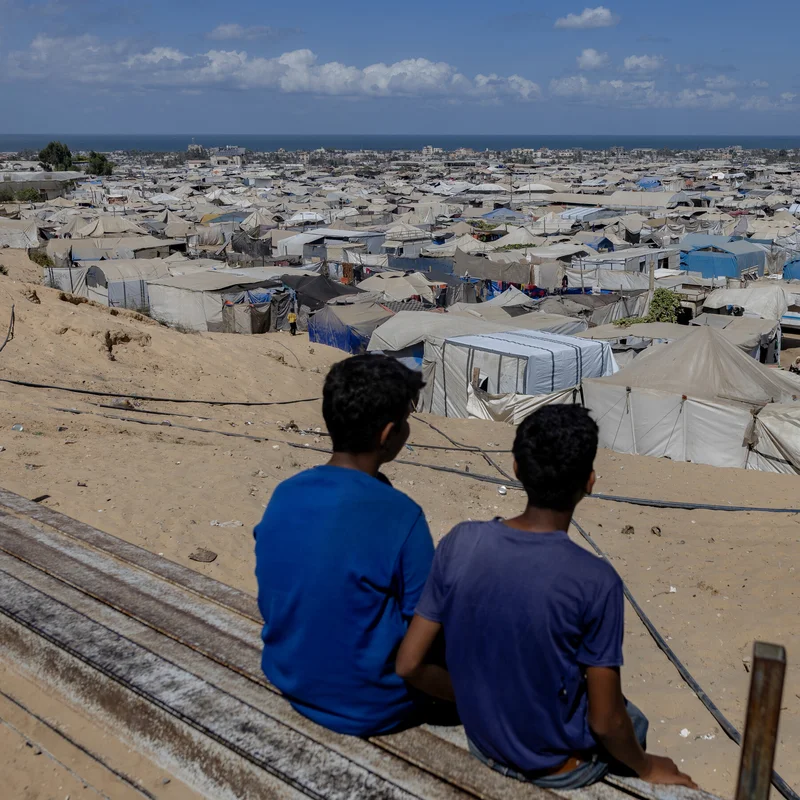In a powerful virtual speech to the United Nations General Assembly on September 25, 2025, Palestinian Authority President Mahmoud Abbas condemned Israel’s military campaign in Gaza as “genocide” and reaffirmed Palestinian resolve to rebuild their homeland—despite being barred from entering the U.S. to speak in person .
The U.S. government denied visas to Abbas and his delegation, forcing him to deliver his remarks by video from Ramallah in the Israeli-occupied West Bank. His speech comes amid escalating geopolitical tensions following the recent recognition of Palestinian statehood by over 150 countries, including Canada, France, the U.K., Australia, and Belgium .
Key Messages from Abbas’s UN Speech
- “Palestine is ours” – A defiant declaration of Palestinian sovereignty and permanence
- Rejection of displacement – Vowed Palestinians will not abandon Gaza despite destruction
- Post-war governance plan – Offered the Palestinian Authority to administer Gaza, excluding Hamas
- Call for international accountability – Accused Israel of committing genocide under international law
🌍 Global Context: Over 150 nations now recognize Palestinian statehood—a diplomatic milestone that has triggered Israeli threats of West Bank annexation .
U.S. Visa Denial Sparks Diplomatic Tensions
The decision to block Abbas’s entry into New York drew sharp criticism from human rights groups and allied governments. While the U.S. cited unspecified “security concerns,” analysts suggest the move aligns with the Trump administration’s pro-Israel stance .
Notably, President Trump privately assured Arab and Muslim leaders he would oppose any Israeli annexation of the West Bank—a position that contrasts with his administration’s public actions .
Palestinian Statehood Recognition: Timeline & Key Nations
| Date | Milestone | Notable Countries |
|---|---|---|
| Pre-2025 | Approx. 135 UN members recognized Palestine | Russia, China, most of Africa, Latin America |
| September 2025 | Major Western shift | Canada, France, U.K., Australia, Belgium |
| Current Total | 150+ nations | Two-thirds of UN membership |
What’s Next for Gaza?
Abbas’s proposal for the Palestinian Authority to assume control of Gaza post-conflict faces significant hurdles:
- Hamas’s current de facto rule in Gaza complicates any transition
- Israeli government skepticism about PA’s ability to maintain security
- U.S. and EU funding restrictions tied to governance and anti-terrorism conditions
Meanwhile, Israeli officials have floated retaliatory measures, including potential annexation of parts of the West Bank—a move that could further destabilize the region .
———-
For deeper insight into the humanitarian crisis in Gaza, see [INTERNAL_LINK:gaza-humanitarian-crisis-2025].




